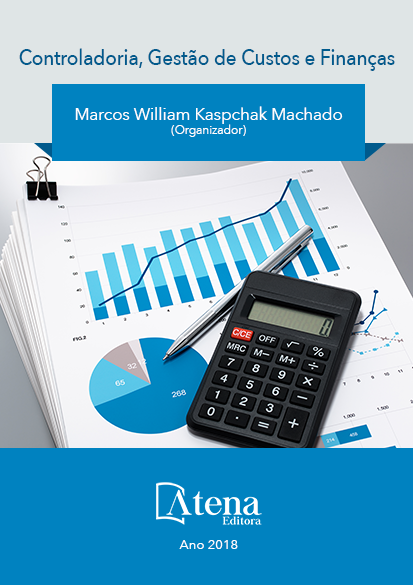
BOURDIEU E AS RELAÇÕES DE PODER EM ORGANIZAÇÕES COOPERATIVAS DE CRÉDITO
A participação relevante das
cooperativas de crédito no sistema financeiro
brasileiro reforça a importância da governança
corporativa nessas entidades. Não apenas em
função de valores, mas também pela forma como
são governadas essas organizações, suscitam
notório interesse: As cooperativas possuem
um sistema especifico de governança, onde
cada cooperado tem um voto, independente
de sua cota de participação, uma característica
das cooperativas são as relações informais
de poder, e nesse enquadramento de Pierre
Bourdieu. O objetivo deste estudo é discutir o
potencial contributivo de Bourdieu para entender
a governança cooperativa, com particular
interesse nas relações de poder. O foco deste
estudo do filósofo francês foi a atenção aos
fenômenos de percepção social e relações
informais de poder e o uso dos conceitos-chave
que desenvolveu de habitus, capital simbólico
e campo. O que se pretende argumentar aqui é
que, mesmo sob a influência de determinadas
características institucionais, organizacionais,
bem como do tipo de socialização ao quais
os agentes tenham sido submetidos, esses
mesmos agentes são capazes de produzir
conhecimento acerca do contexto e de agirem
ativamente no sentido de exercerem poder em
determinadas situações.
BOURDIEU E AS RELAÇÕES DE PODER EM ORGANIZAÇÕES COOPERATIVAS DE CRÉDITO
-
DOI: 10.22533/at.ed.2231827122
-
Palavras-chave: Cooperativas de Credito, Bourdieu, Governança Corporativa.
-
Keywords: Credit Cooperatives, Bourdieu, Corporate Governance.
-
Abstract:
The relevant participation of
credit cooperatives in the Brazilian financial
system reinforces the importance of corporate
governance in these entities. Not only in terms of
values, but also in the way these organizations
are governed, they raise a notorious interest:
Cooperatives have a specific governance
system, where each cooperative has a vote,
regardless of their participation quota. Informal
relations of power, and in this framework of Pierre
Bourdieu. The purpose of this study is to discuss
Bourdieu’s contributive potential to understand
cooperative governance, with particular interest
in power relations. The focus of this study of
the French philosopher was attention to the
phenomena of social perception and informal
power relations and the use of the key concepts
he developed from habitus, symbolic capital
and field. The point is to argue here that, even
under the influence of certain institutional and organizational characteristics, as well as
the type of socialization to which the agents have been subjected, these same agents
are able to produce knowledge about the context and to act actively in the power in
certain situations.
-
Número de páginas: 15
- Alexandre Peres Mandaji
- Leonardo Fernando Cruz Basso
- Rina Xavier Pereira


